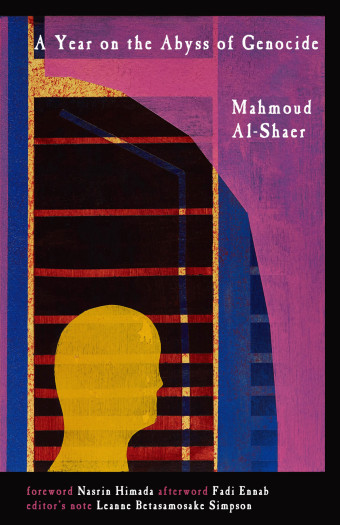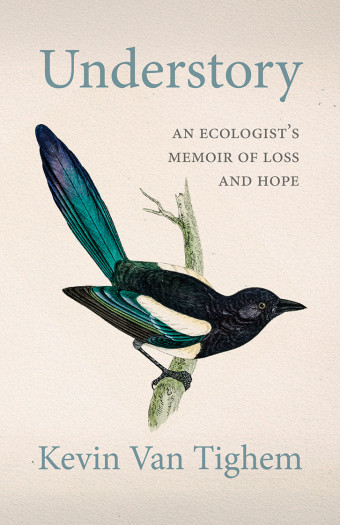Superheroes are having an extended “moment” with big-budget screen adaptations since the explosive growth of the Marvel Cinematic Universe (MCU) starting in 2008. Not all are critical or commercial successes. But as the editors of a new academic anthology show, at least one superhero’s exploits provide plenty of food for thought.

- Diverging the Popular, Gender and Trauma AKA The Jessica Jones Anthology
- Mary Grace Lao (Editor), Pree Rehal (Editor), Jessica Bay (Editor)
- University of Calgary Press
- $62.99 Hardcover, 256 pages
- ISBN: 978-17-73855-73-8
Jessica Jones first appeared in 2001 in Marvel’s Alias comic book series by Brian Michael Bendis and Michael Gaydos.
She was an outlier among longer-established characters like Daredevil, Luke Cage, and Iron Fist in Netflix’s superhero adaptations. Season 1 of Jessica Jones premièred in 2015.
Jones’s nemesis Kilgrave can control minds and uses this ability to destroy people’s lives. Jones strives to expose Kilgrave’s powers and prove his victims are not responsible for their often heinous acts.
Kilgrave, meanwhile, wants Jessica to love him. And he’ll do anything within his power to make that happen.
Mary Grace Lao, lead editor of Diverging the Popular, Gender and Trauma AKA The Jessica Jones Anthology, and co-editors Pree Rehal and Jessica Bay have curated and contributed to a collection of critical essays on the themes and nuances of a multi-layered show.
Questions of consent, power, misogyny, gender, race, sexual assault, and PTSD are among many considered by the writers.

“The content and themes from Jessica Jones were markedly different from what we had seen from the MCU at the time,” says Lao.
“The Avengers were travelling through space, otherworldly realms, while fighting alien invasions. Jessica Jones, on the other hand, had very human struggles, even with her superpowers.”
In addition to her main problem of catching Kilgrave, “Jones suffers from PTSD and alcoholism, which are often depicted from the male perspective,” adds Lao.
All three editors are associated with the Joint Graduate Program in Communication and Culture at York and Toronto Metropolitan universities.

Rehal, an independent researcher, holds a master’s degree from the program. Lao and Bay are both PhD candidates there.
The anthology began with a conference panel in 2016, and the COVID-19 pandemic extended the editorial process. But, says Lao, it was worth it.
“What surprised me was how all the chapters were different, but somehow spoke to each other. The contributors were the ones who drove the structure of the entire collection.”
Bay says the time frame had its upside. “This was a very long journey from start to finish, so I enjoyed the opportunity to continuously return to the Jessica Jones series and consider how it related to each new time period.”

Both the character and series stood out at the time given the paucity of headlining female characters in the MCU. As the book developed, Bay says, “I became more aware of my own biases as a privileged cis white woman who was asking this show (and the platform) to stand in for every woman and all femme-related issues.
“Now, as the MCU has attempted a larger ‘feminist arc’ (for lack of a better term), I’ve come back to Jessica Jones and realized that it was what we needed at the time – especially given the willingness of the show’s creators to try to learn from their mistakes.
“We just needed more like it.”













